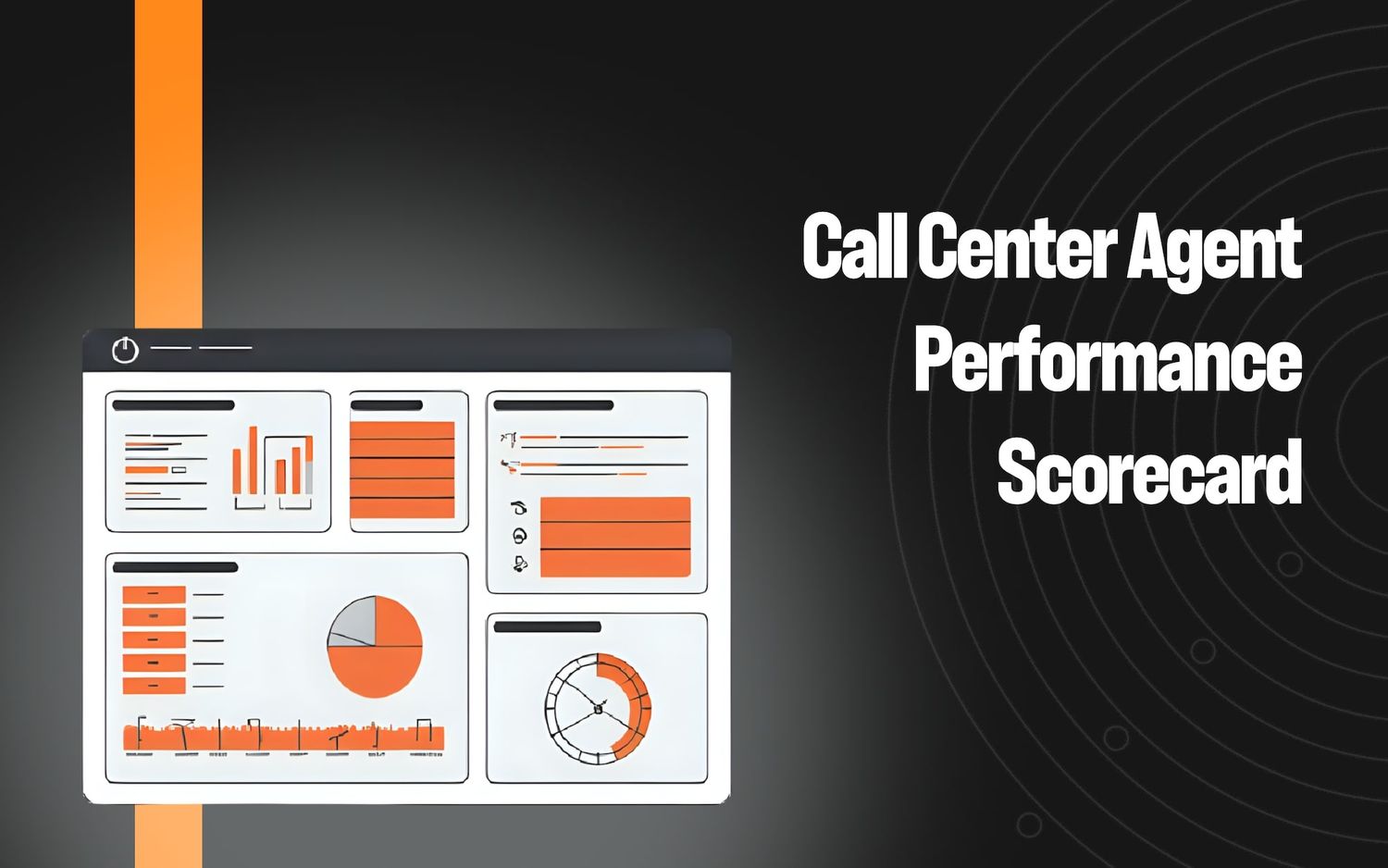How Semantic Intelligence Can Transform Customer Experience for Modern Contact Centers


Languages are complex. They constantly evolve and their usage varies based on geography, year, trend, and the people who use them. The interpretation of words is not the same for everyone. For example, the word “set” has 430 definitions in the English language (according to Oxford English Dictionary). This is true for several words in the English language.
That is the reason why one of the biggest challenges among machine learning and NLU experts is to build models that understand the meaning of words based on the intent in which they’re used.
A lot of companies and researchers today are working to bridge this ‘Semantic gap’ which is the difference between the meaning of words and how people interpret them.
The Dawn of Semantic Intelligence for Call Centers
The study of Semantic Gap during the last decade has helped in designing highly accurate NLU models. These models don’t interpret words as is, but will look for the intent with which they’re written or spoken. We call this ‘Semantic Intelligence.’
Until recently, NLU models were designed to look for specific words and phrases in a large volume of text. But, models built with semantic intelligence go a step further and look for the intent behind sentences.
This is a huge leap in machine learning – a computational model that can understand the intent behind words in real-time.
The development of such accurate semantic intelligence models gave rise to several commercial and business applications such as AI-powered customer support, intelligent process management, virtual assistants, business intelligence services, and tools to improve customer experience.
At Level AI, we’ve developed and trained cutting-edge semantic intelligence for call centers to improve the customer experience. Let’s take a quick look at how semantic intelligence models help organizations improve their customer experience.
3 Ways Semantic Intelligence Improves Customer Experience
Conversation insights and performance feedback
Consumers today are more concerned about the quality of support rather than discounts and freebies. According to Microsoft’s ‘Global State of Customer Service’ Report, 90% of Americans use customer service as a factor in deciding whether or not to do business with a company.
In order to keep winning customers, organizations with large contact centers analyze data from their support operations and use the insights to improve agent performance. And, one proven way to achieve this is quality assurance. Companies use dedicated quality assurance experts to listen to support conversations, interpret them, and use the insights gathered to provide performance feedback and coaching for support agents.
Despite their best efforts, QA teams are often only able to review 1-2% of the total support conversations. Even though this offers a sample size to measure agent performance and support quality, it is too small for contact centers to derive valuable insights.
With Level AI’s semantic intelligence engine, modern contact centers can make their existing quality assurance teams 5X faster, 2X more accurate, and 3X more efficient.
Our models can analyze all conversations, across all support channels and tags key moments defined by the QA team. The key moment can be anything – an agent apologizing to the customer for the inconvenience, to a customer who is appreciating the agent for the timely support.
Our solution helps QA teams understand agent and customer behavior and use the insights to prepare agents to deliver an optimal customer experience.
Real-time agent assistance
Customer intent is key to real-time agent training. Understanding the customer intent helps AI-powered agent training tools to offer the right solution to the agent. An NLU model powered by semantic intelligence (like Level AI’s Agent Assist) understands the customer intent and triggers a cascade of steps for the agent to follow in order to provide the right solution to the customer.
For example, when a customer mentions the phrase “canceling my account due to the high subscription cost” during a support conversation, our semantic intelligence engine would understand the customer intent and would look through all connected knowledge sources, including linked third-party knowledge systems. The Level AI platform will then check to see if there is information available regarding a discount or offer that can be provided to the customer preventing their churn. If such information exists, it will be shown to the agent in real-time and will nudge them to take action.
Product feedback
Another factor that is key to a good customer experience is the product experience. Product teams frequently build and ship features, but sometimes things can go wrong. Instead of making things better, a feature could add more complexity to the existing user flow. The only way Product teams could know about this is through customer feedback. But, the biggest challenge here is to get customer feedback from customers.
The current tools used to gather customer feedback require users to manually type in their feedback or fill out a series of questions. Result? Customers who genuinely want to provide feedback drop-off halfway through the feedback process.
A better approach would be to ask product-related questions during the end of a support conversation. This might work because collecting verbal feedback during a conversation is effortless and customers don’t mind spending a few extra seconds when they’re happy with the support experience.
With semantic intelligence for call centers, product teams can look for conversations where customers talk about the product or a particular feature. This way product teams can learn what customers think about their product, the features they use the most, and how they use them.
Semantic intelligence is new, but the impact it had on businesses so far is worth looking into. It helped businesses uncover insights on customer intent and agent performance that weren’t possible before. A lot of our customers were thrilled to see the impact semantic intelligence had on their agent performance. But, our work doesn’t stop here. We’re working hard to make our models more accurate and to bring new features that will utilize the power of semantic intelligence to its fullest.
We’re confident about the future of NLU, and the value it will continue to create for customer facing teams. If you’re thinking about improving your customer experience, check out Level AI. Our platform will help you make sense of your contact center data and will help you uncover insights to help improve agent performance and support quality.
Schedule a demo with us from here or send us an email to [email protected].
Keep reading
View all





